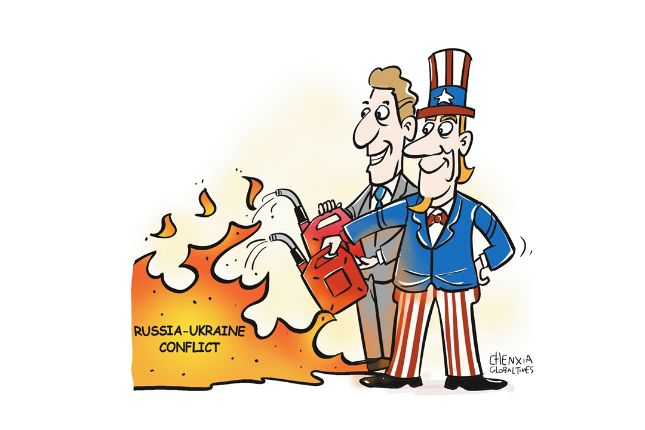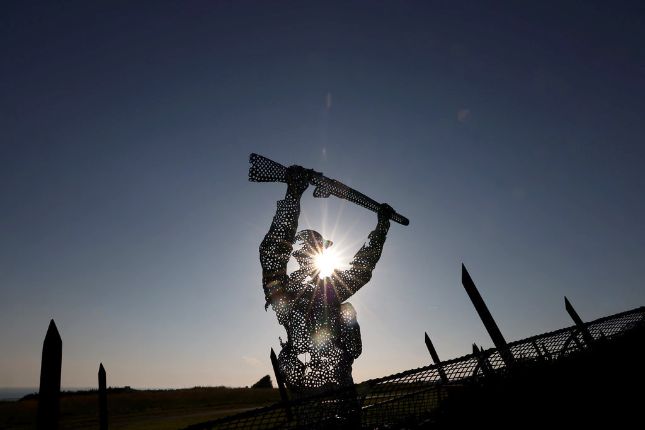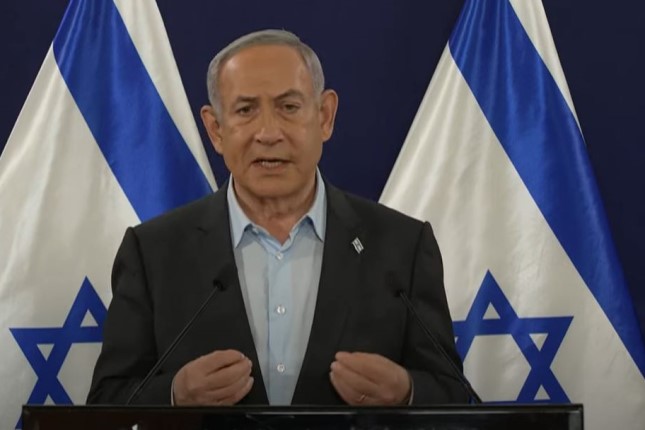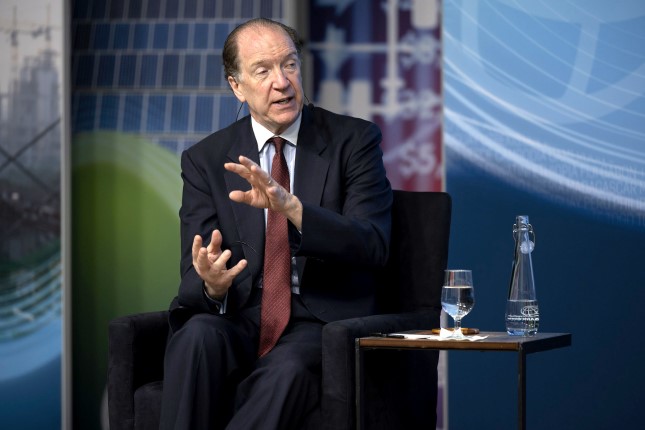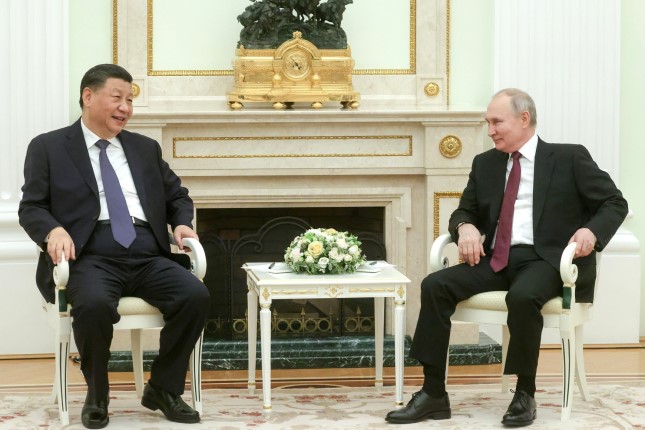On one hand, they discourage peace negotiations, and on the other, they exacerbate the escalation of the conflict, with Ukraine ultimately bearing the greatest cost.
US Secretary of State Antony Blinken and UK Foreign Secretary David Lammy announced new aid packages for Ukraine on Wednesday during their joint visit to the war-torn country, the first such visit in over a decade. According to reports, the US will give Ukraine $700 million in humanitarian and energy assistance, while the UK will allocate nearly $800 million in financial support and military equipment supplies.
Regrettably, amid Western allies' belief that the conflict is entering a "critical moment," this rare joint visit still does not aim to bring peace. Experts suggest that this visit reflects a clear political posture of the US and UK. The two want to ensure that Ukraine adopts a hardline, uncompromising position and to exhaust Russia militarily through Western aid to Ukraine. For the US and UK, peace talks are not even an option. Their real intention is to fan the flames of war, ensuring that Ukraine continues to serve as a pawn in this protracted conflict.
The Ukraine crisis has now dragged on for more than two and a half years, and it is precisely under the overt and covert interference of Western countries like the US and UK that opportunities for peace have repeatedly slipped away. Recently, former US ambassador to NATO Victoria Nuland acknowledged that the US and its allies advised Ukraine to reject a peace deal with Russia in 2022. David Arakhamia, a Ukrainian politician, also said that British prime minister Boris Johnson visited Kiev in 2022 to inform Ukrainian officials that the West would not sign anything with Moscow, urging: "Let's just fight."
However, it is the people of Ukraine who have paid the price for the "let's just fight" instigation with their lives, while the US and UK, who continue to stoke the flames, are calculating the political and economic benefits they stand to gain. For the US, its self-serving "war economy" has caused immense damage and suffering to many countries, while simultaneously bringing enormous profits to the American military-industrial complex, fostering a vicious cycle between "war and profit." No wonder independent US presidential candidate Robert F. Kennedy Jr once bluntly stated that the US is disrupting peace negotiations because Washington "wanted the war."
As the US' front-runner in containing Russia, the UK has closely followed Washington in its military support for Ukraine, hoping to gain more benefits and influence from the Ukraine crisis while demonstrating its great power status and ability to maintain control over European security. However, the UK's continued arming of Ukraine has not come without a price. While the US profits immensely, the spillover effects of the Ukraine crisis have increased the risk of stagflation in the UK, and the massive military aid has exacerbated the country's financial difficulties, with social discontent continuing to grow. As Europe finds itself drawn into the vortex of the Russia-Ukraine conflict by the US and unable to extricate itself, the UK should carefully consider its true gains and losses as it follows Washington's lead.
Ironically, while the US and UK are busy fueling the conflict and obstructing peace talks, they continue to baselessly accuse China of supporting Russia's military actions. During the US-UK joint press conference held on Tuesday, Blinken once again mentioned "China's support." In fact, China is neither a creator nor a party to the Ukraine crisis and is committed to promoting talks for peace. As the true instigators of the Russia-Ukraine conflict, the US and its allies should not shift the blame for the problems they created onto China. Their attempts to unjustly smear China and portray themselves as "defenders of peace" will ultimately be in vain.
Photo © Chen Xia / GT.
Source: The Global Times.
